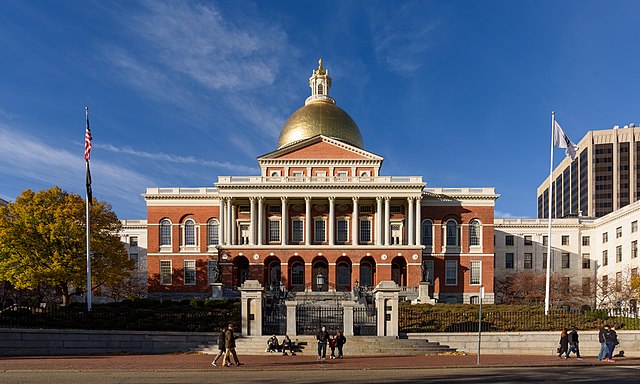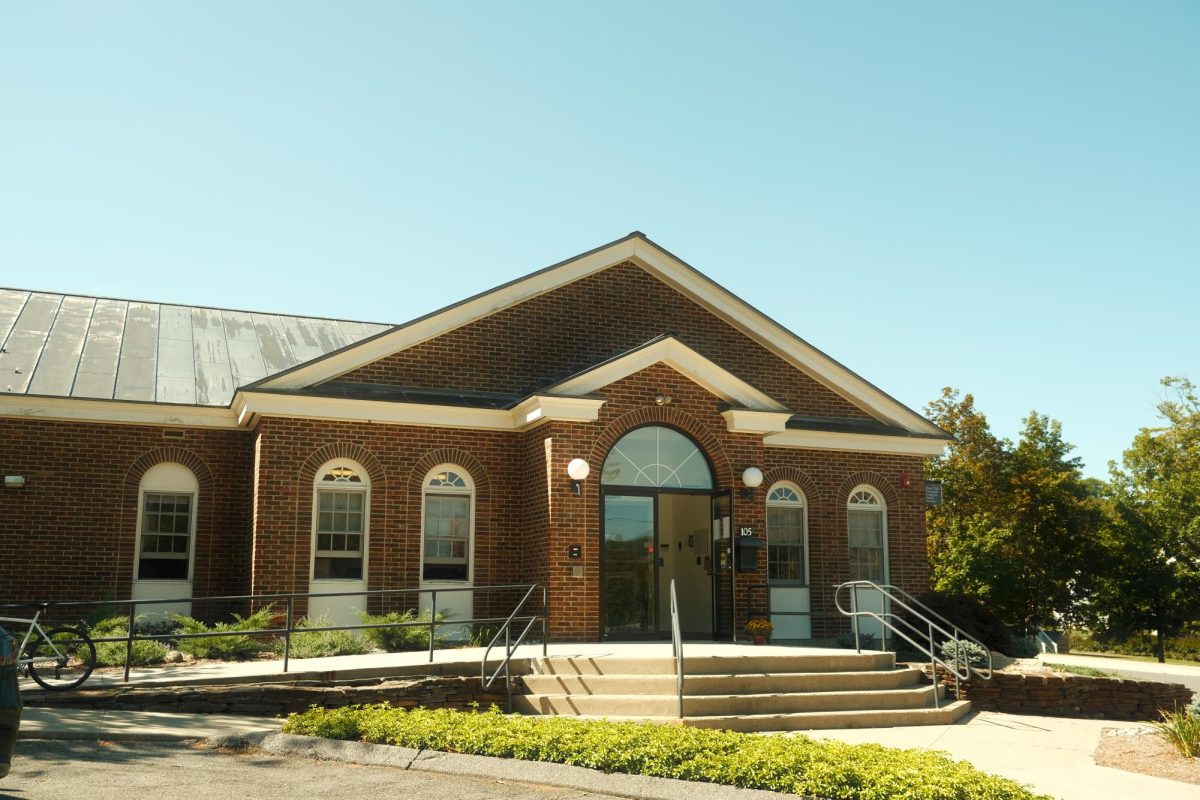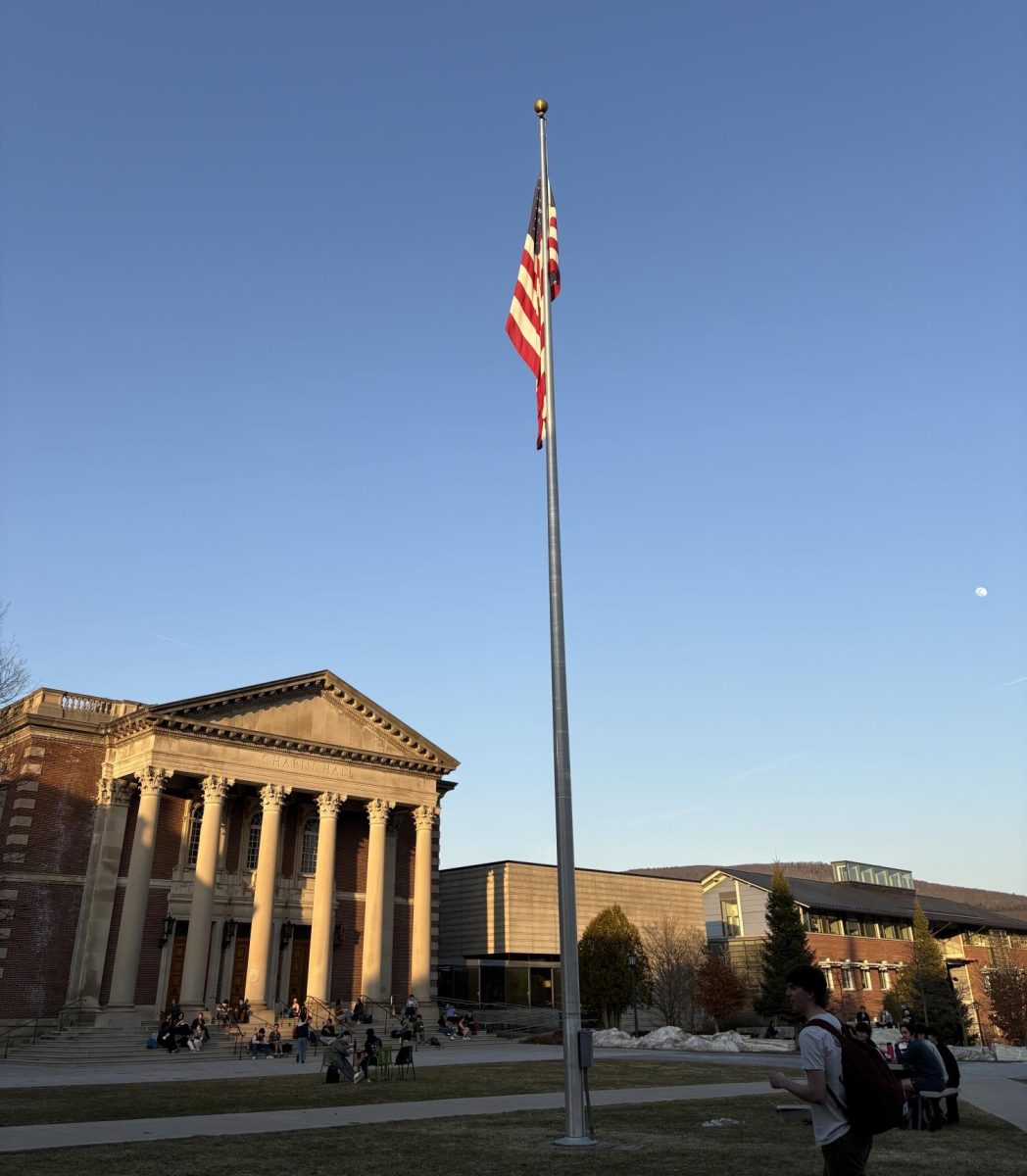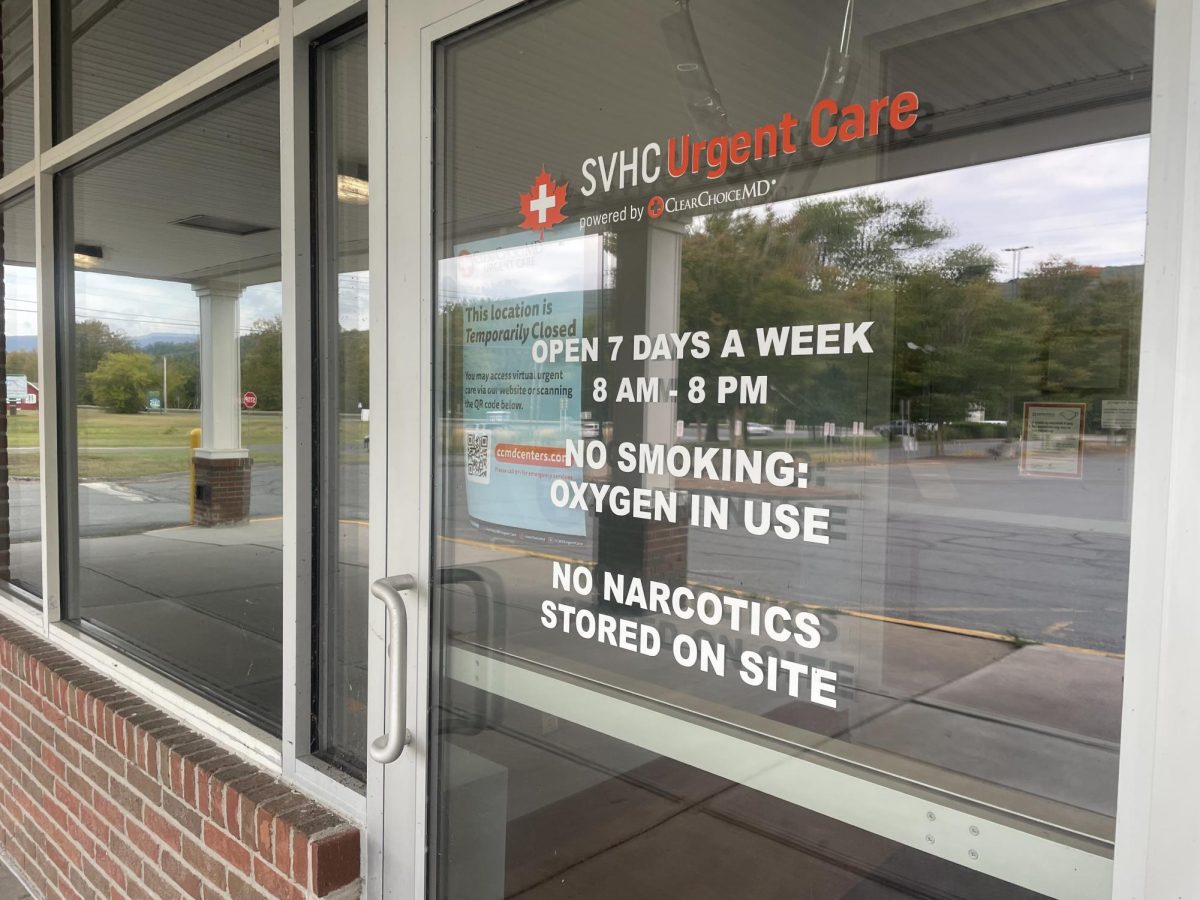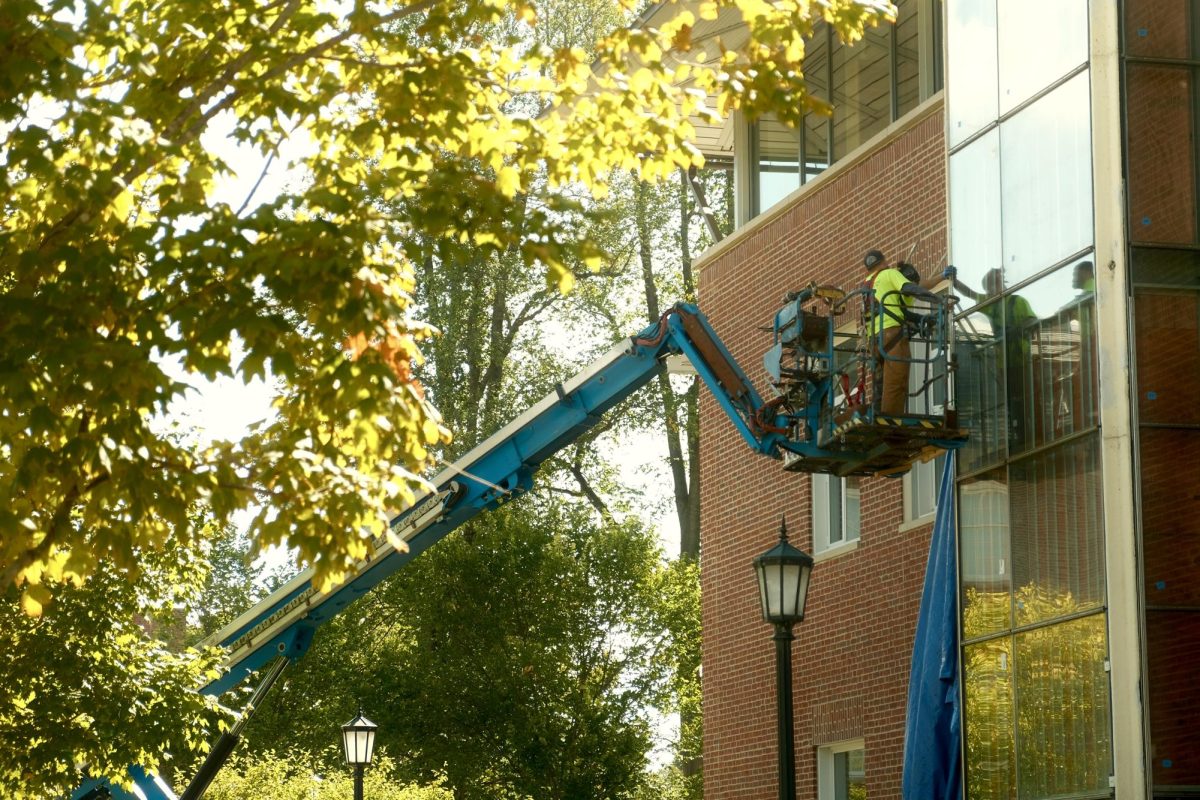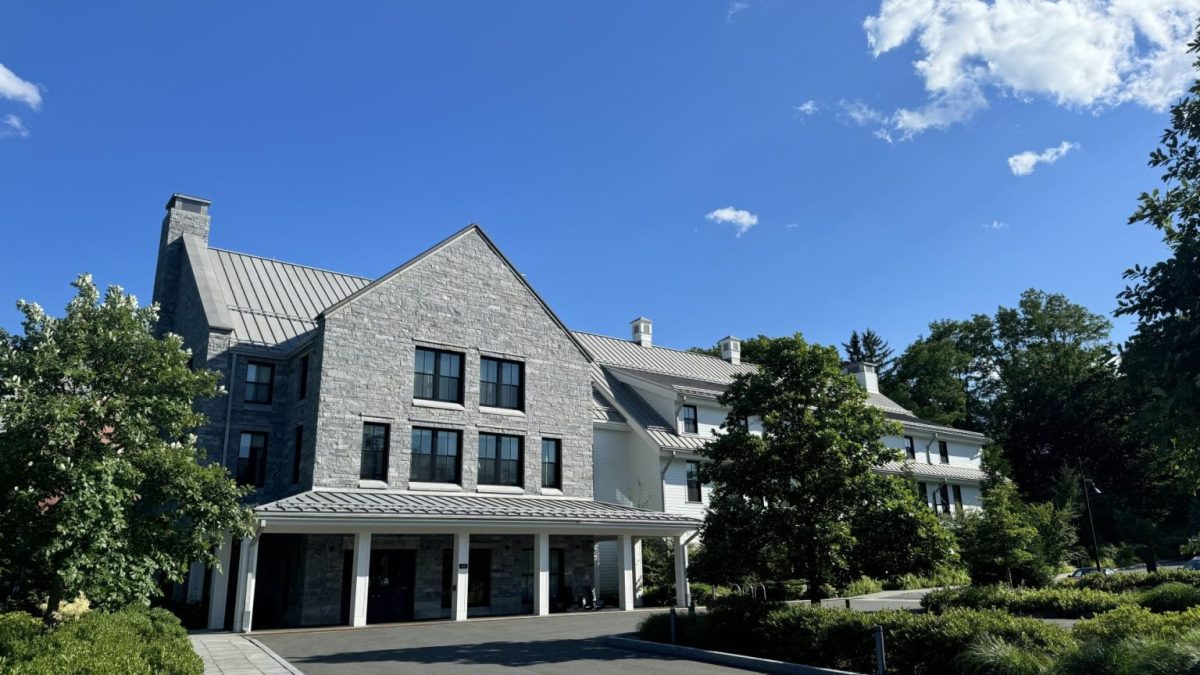A bill introduced in the Massachusetts state legislature seeks to prohibit wealthy institutions of higher education from considering applicants’ legacy statuses or relationships to donors — unless those institutions are willing to pay a price.
State Representative Simon Cataldo and State Senator Pavel M. Payano, who are both Democrats, filed Bill H.3760 in April. The proposed legislation aims to increase equity across higher education by ending these admissions practices, which Payano has characterized as unfair barriers for low-income students who hope to attend these institutions.
The bill seeks to levy a fee proportional to the school’s endowment upon any institution of higher education that seeks to use those considerations in admissions decisions or review early decision applications. Those funds would be redistributed to support public community colleges throughout Massachusetts.
“If the bill goes into place, we think it creates about 25,000 slots of free community college,” Cataldo told The Harvard Crimson. “If the schools decide to continue using these pernicious practices, that public service fee that goes into place would create opportunity for the very students that the schools are systematically keeping out of their campuses.”
One fee proposed in the legislation, which was heard by the state’s Joint Committee on Higher Education in June, is a charge of 0.2 percent of a school’s endowment if it exceeds $2 million.
With an endowment totaling around $3.5 billion last fall, Williams would be required to pay a fee of about $7 million if the bill were to pass.
Even peer institutions that have ended legacy preference in admissions, like Amherst, would be subject to the fee, if it were to be enacted, because they maintain early-decision admissions policies.
Payano said that early-decision admissions programs place low-income students at a disadvantage, as these policies prevent them from comparing schools’ financial aid packages, State House News Service reported.
Colleges and universities that practice the policies targeted by the bill but have endowments under $2 million would also be required to pay fees ranging from 0.01 percent to 0.15 percent of their endowments.
Many undergraduates at wealthy colleges and universities in Massachusetts are related to alums or donors or receive other preferences in admissions — and a disproportionate amount of that cohort is white.
A 2019 study published by the National Bureau of Economic Research found that over 43 percent of white admits to Harvard were recruited athletes, legacies, relatives of Harvard donors, or children of faculty and staff. Among Harvard’s Black, Hispanic, and Asian American undergraduates, applicants who receive those preferences make up less than 16 percent of each demographic of admits.
This bill preceded this summer’s Supreme Court rulings in Students for Fair Admissions v. Harvard and Students for Fair Admissions v. University of North Carolina, which struck down race-based affirmative action in college admissions.
Though the Joint Committee on Higher Education has not taken action on the bill since its hearing in June, “the bill is still very much alive as the legislature will be in session through July 31, 2024,” Thomas Mahoney, Payano’s chief of staff, told the Record.



